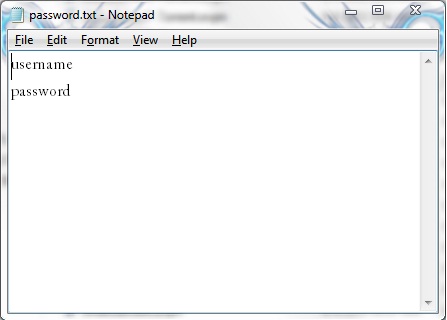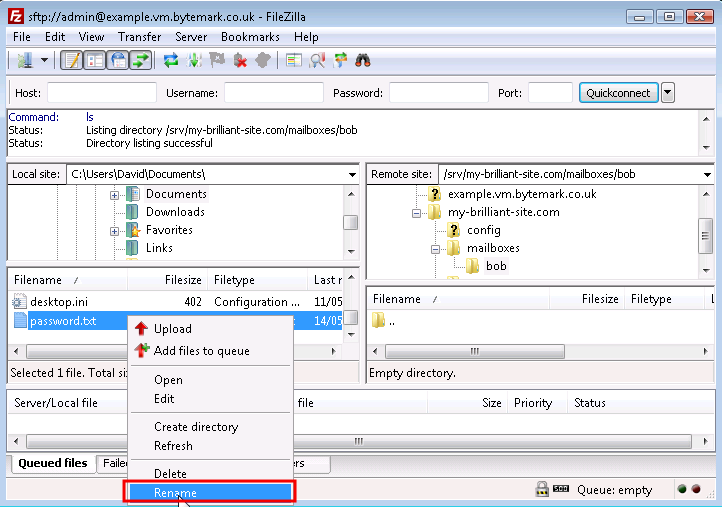

Here is an example of the output it provides: And to pick passwords that are likely to work, they need to know the company’s AD password policy. To avoid lockouts, attackers need to know how many bad passwords they can guess per account. Check the Active Directory password policy and lockout policy. CrackMapExec comes bundled with a Mimikatz module (via PowerSploit) to assist with credential harvesting.

One way an attacker can perform a password spraying attack is with CrackMapExec, a utility that’s fee to download from Github. If they find a password that was chosen by just one user in your organization, they’re inside your network, poised to wreak havoc. If all the attempts fail, they simply try again with the next password in their arsenal. Most attempts will fail, but a single failed logon for an account will not trigger a lockout. In a password spraying attack, the adversary picks one commonly used password and tries using it to log on to each account in the organization. Password Policy Best Practices for Strong Security in AD Let’s walk through an example of a password guessing attack, and then explore how you can assess your vulnerability and strengthen your cybersecurity.


You might be surprised at just how well this strategy works. These weak passwords leave the organization vulnerable to one of the simplest attacks that adversaries use to gain a foothold in a network: guessing. Even with these controls in place, many people choose easily guessable passwords like Winter2017 or because they comply with company standards but are easy to remember. In particular, they use Active Directory password policy to enforce password length, complexity and history requirements, and they establish a policy to lock out an account after a certain number of failed logon attempts. Most organizations know this, and take steps to protect user credentials. After logging on as a legitimate user, they can move laterally to other systems and escalate their privileges to deploy ransomware, steal critical data, disrupt vital operations and more. Knowing the credentials for any user account in your network gives an adversary significant power.


 0 kommentar(er)
0 kommentar(er)
